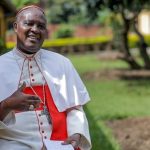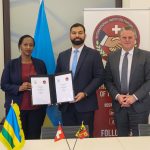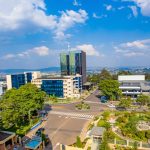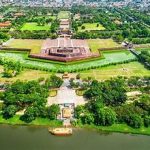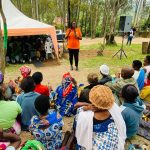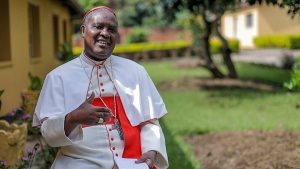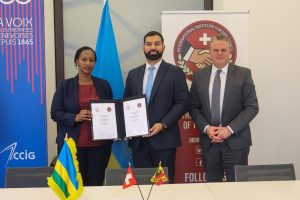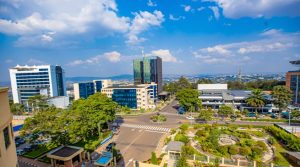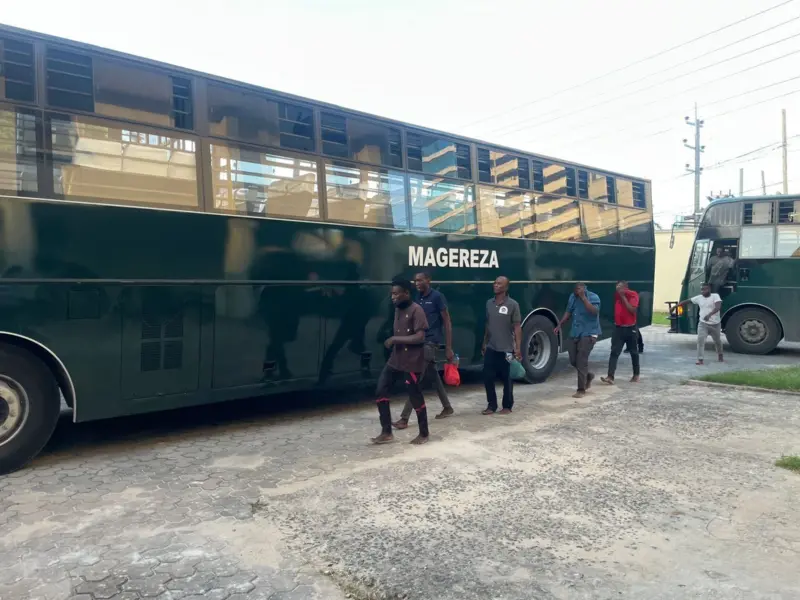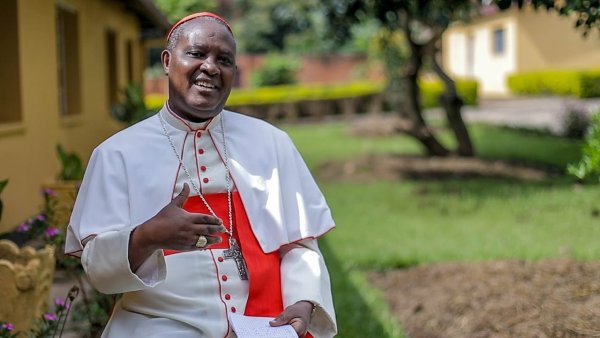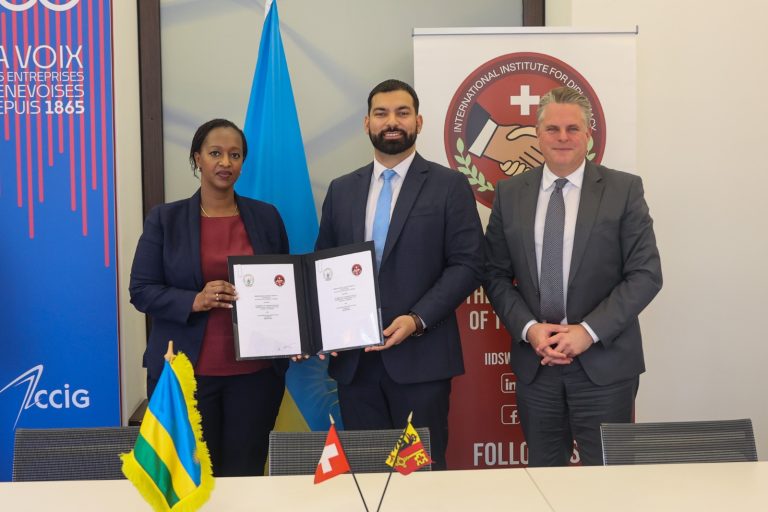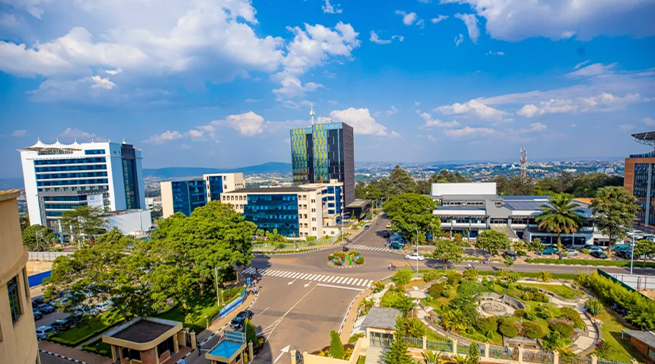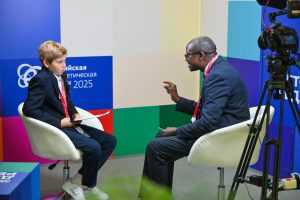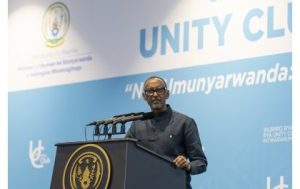Tanzania’s main opposition party, CHADEMA, has reported the arrest of its Deputy Secretary-General, Amani Golugwa, in what the party describes as an ongoing government campaign to suppress dissenting voices following last month’s general elections.
Golugwa was arrested in Arusha just a day after courts in Dar es Salaam charged more than 240 people with treason-related offenses linked to post-election protests. He is among several opposition leaders currently under investigation over alleged involvement in demonstrations that erupted after the disputed polls.
CHADEMA officials accuse the government of using the justice system to intimidate political opponents, saying that members are being forced to confess to crimes they did not commit. “The arrests are politically motivated,” said one senior CHADEMA member. “Authorities are determined to silence our leadership by branding us as traitors.”
A Wave of Arrests Across the Country
Police have confirmed issuing warrants for nine additional opposition leaders from various political parties, citing violations related to organizing “illegal protests” against the election outcome.
In Mwanza, Tanzania’s second-largest city, 172 people appeared before court on charges ranging from theft and arson to the unlawful possession of weapons. In Kigoma, 11 others were also arraigned. Meanwhile, in the capital Dodoma, 25 suspects were brought before the court, accused of violence and destruction of property.
Police maintain that their actions are aimed at maintaining peace and order. In a statement, they urged all wanted individuals to surrender immediately to the nearest police stations. “Those wanted should report themselves without delay,” read part of the police statement.
Church Leaders Also Targeted
The crackdown has not spared religious figures.
Bishop Josephat Gwajima, head of the Ufufuo na Uzima Church (Resurrection and Life) and a former Member of Parliament for Kawe constituency, is reportedly among those being pursued by security forces. Gwajima has been a vocal critic of President Samia Suluhu Hassan’s administration.
Similarly, Bishop Maxmillian Machumu, CHADEMA’s regional chairman in Simiyu Region and deputy secretary-general of the same religious movement, has been summoned for questioning.
Observers fear that targeting prominent clergy and opposition leaders marks a dangerous escalation in Tanzania’s political environment.
Post-Election Unrest and Alleged Abuses
Tanzania went to the polls on October 29, 2025, in an election contested by 17 candidates, including three women among them incumbent President Samia Suluhu Hassan.
Opposition parties CHADEMA and ACT-Wazalendo were, however, barred from fielding presidential candidates, sparking outrage among their supporters and rights groups.
Following the ban, spontaneous protests broke out in several regions, met with heavy police response.
Human rights organizations and opposition leaders allege that hundreds were killed in clashes with security forces, though the government has yet to release any official casualty figures. “The security forces have turned against citizens exercising their democratic rights,” said a CHADEMA spokesperson. “This is not the Tanzania we aspire to build.”
Election Monitors Raise Concerns
International observers, including the Southern African Development Community (SADC) and the European Union, have criticized the October elections, citing intimidation of opposition figures, restrictions on political freedoms, and widespread voter suppression.
The African Union Election Observation Mission also released a preliminary report describing the electoral atmosphere as “hostile and restrictive.” It concluded that the process did not meet AU democratic standards or international norms for free and fair elections.
A Nation Under Scrutiny
As Tanzania faces mounting pressure from both domestic and international actors, questions remain about the country’s democratic trajectory under President Samia Suluhu Hassan.
What began as a wave of arrests tied to post-election unrest has now evolved into a nationwide operation against opposition figures, religious leaders, and activists a development rights defenders say could undermine the country’s democratic fabric.
For now, CHADEMA maintains that its members will not be silenced. “We will continue to stand for justice and democracy,” the party declared in a statement. “Our struggle is not against the state, but for the soul of Tanzania’s democracy.”
Author: Justinmind HARERIMANA
